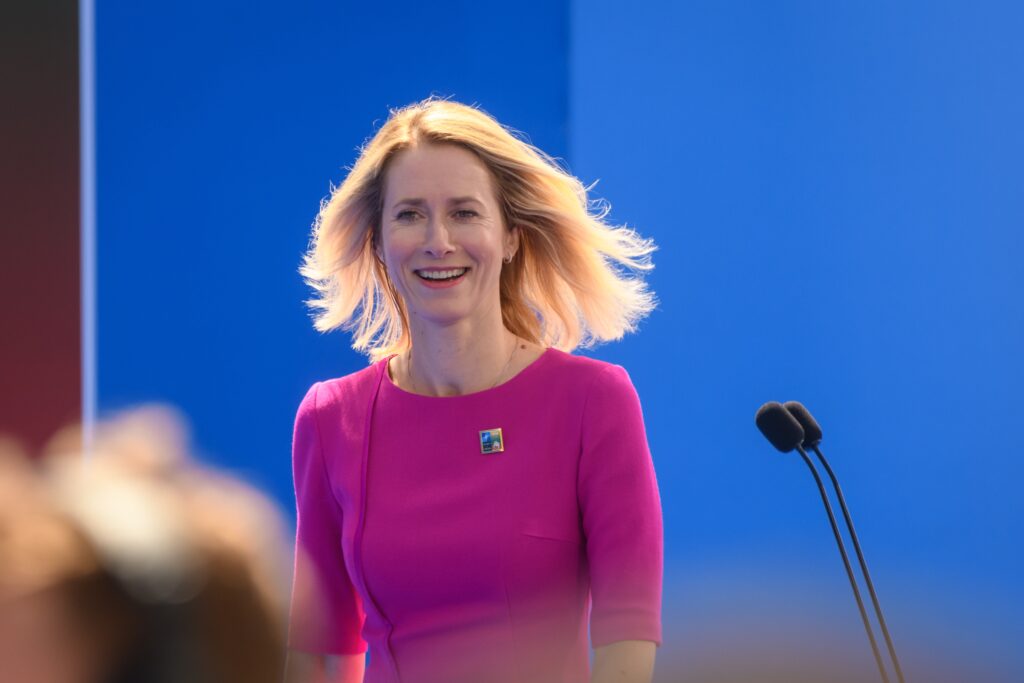Kaja Kallas, António Costa, and Marta Kos visited Kyiv on Sunday to discuss scaling up EU support for Ukraine. The visit marked the first foreign trip for the EU officials in their new roles. They met with President Zelenskyy, who has consistently called for more weapons and financial aid to counter Russian aggression.
Concerns about U.S. support have grown as President-elect Donald Trump prepares to take office in January. Trump has criticized the Biden administration’s significant financial aid to Ukraine and suggested he could end the war quickly. His remarks imply he might pressure Ukraine to cede territory currently occupied by Russia.
EU Financial Aid and New Sanctions Announced
After talks with Zelenskyy, Costa detailed the EU’s financial commitments to Ukraine during a news conference. “On energy, we have financed the repair of a third of the existing electricity generation capacity, and more will come,” Costa said. He announced that this month, the EU would provide Ukraine with an additional €4.2 billion to support its budget.
Costa added, “Starting next month, we plan to provide €1.5 billion every month for a year. This funding comes from proceeds of Russia’s frozen assets and can also be used for military purposes.”
It was unclear whether Costa’s announcement introduced new funding or reiterated prior commitments. Earlier this year, the EU’s 27 member states agreed to use interest earned on approximately €210 billion in frozen Russian central bank assets to support Ukraine. These funds, mostly held in Belgium, generate around €3 billion in annual interest.
Costa also confirmed plans for a new set of sanctions against Russia, aimed at increasing economic pressure. “We will also increase the pressure on the Russian economy and further weaken Russia’s ability to wage war. We are preparing a 15th sanctions package against Putin’s regime,” he stated, without providing details on potential targets.
The financial aid and sanctions aim to bolster Ukraine’s resilience and continue undermining Russia’s war efforts, reflecting the EU’s long-term commitment to supporting Ukraine.


